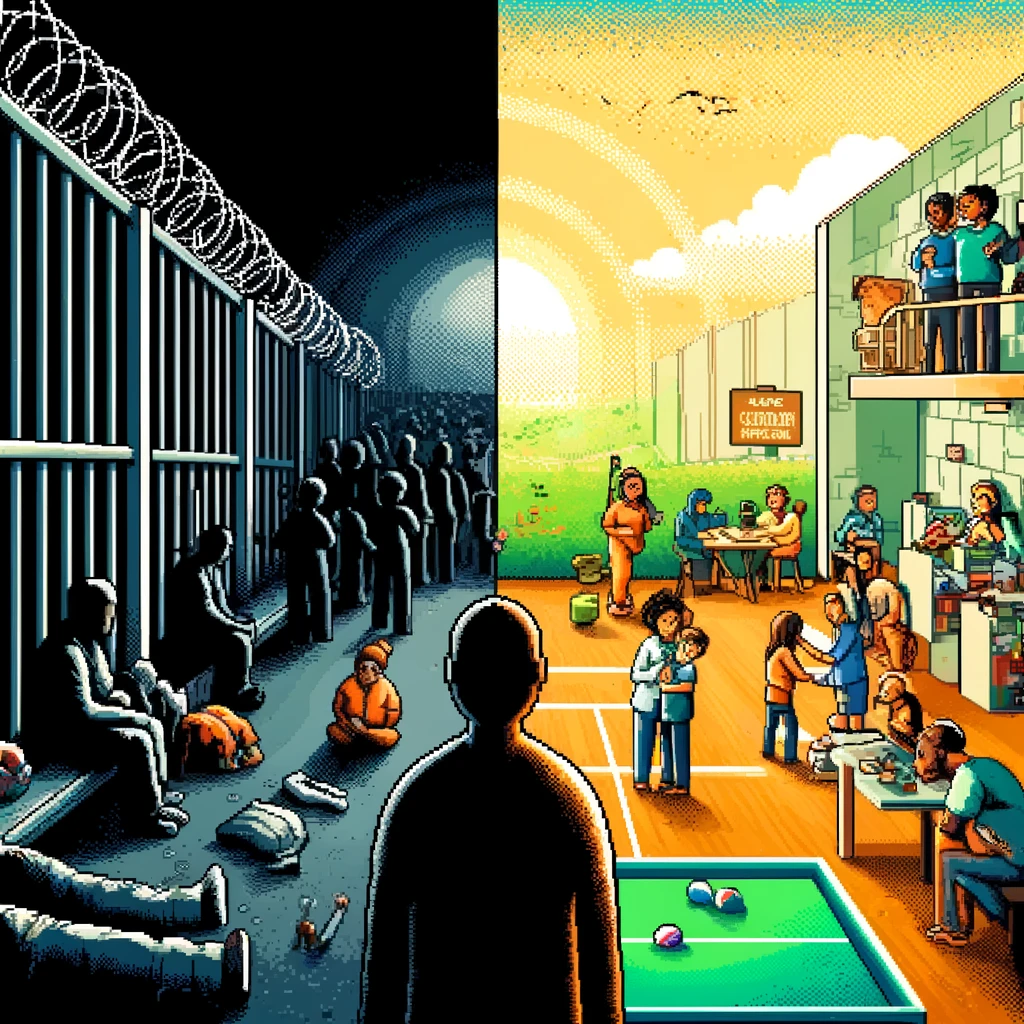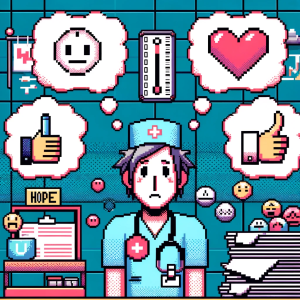
Mass Incarceration: A Public Health Crisis Hidden Behind Bars
Welcome to a revealing exploration of a largely unseen public health crisis: mass incarceration. It’s a topic that doesn’t often make headlines, yet deeply affects millions of lives, especially within marginalized communities in the United States.
Historical Roots of Mass Incarceration
Mass incarceration, a complex issue rooted in centuries of racial discrimination and socio-economic inequality, began snowballing in the 1970s. Today, the U.S. incarcerates more of its citizens than any other nation. But it’s not just about numbers; it’s about the disproportionate impact on Black, Indigenous, and People of Color (BIPOC), exacerbating health inequities along racial, class, and gender lines.
Public Health Crisis: The Hidden Toll of Incarceration
Prisons are more than just facilities for incarceration. They’re epicenters of major health issues, such as mental illness, communicable diseases, and chronic health conditions. The mental health aspect is particularly alarming, with prisons being the largest providers of psychiatric services. Imagine being punished for symptoms of a mental health condition instead of receiving appropriate care. That’s the grim reality for many inmates.
Health Inequities: Beyond the Prison Walls
The health impacts of incarceration ripple outward, affecting families and communities. It’s a cycle of despair: poor health inside leads to challenges outside, and vice versa. This creates a feedback loop of health inequity, disproportionately impacting the already marginalized.
Towards Decarceration: A Healthier, More Equitable Approach
There’s a growing recognition of the need to address this crisis through decarceration. This involves reducing prison populations and addressing root causes like poverty and mental illness with more compassionate, community-based approaches.
Hope in the Horizon: Learning from Global Practices
Countries like Norway offer a glimmer of hope, prioritizing rehabilitation over punishment. There’s much to learn from their approach to creating more humane conditions that focus on making inmates “better neighbors” rather than simply punishing them.
Conclusion: A Call to Action for Healthier Communities
Mass incarceration isn’t just a legal or political issue; it’s a public health crisis that requires urgent attention. By recognizing the profound health inequalities stemming from this system and taking proactive steps toward incarceration and rehabilitation, we can start to heal these deep societal wounds.
Lead the Way in Public Health – Get Your Weekly Insight!
Ready to lead the charge in health advocacy and research? ‘This Week in Public Health’ delivers essential weekly updates, keeping you informed and ahead in the dynamic field of public health. With insights on the latest breakthroughs and initiatives, our newsletter is your gateway to being a proactive leader. Subscribe for free and start shaping the future of public health today!



